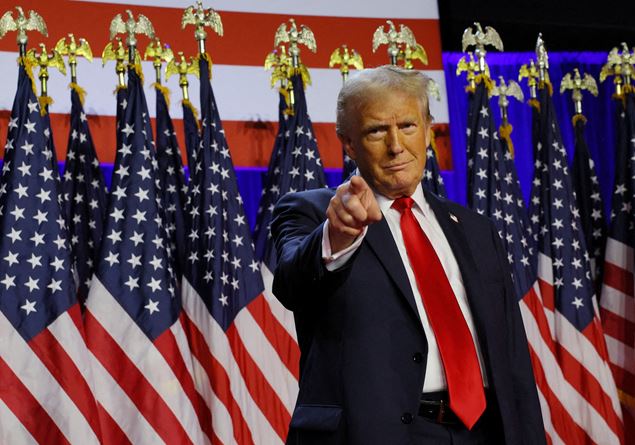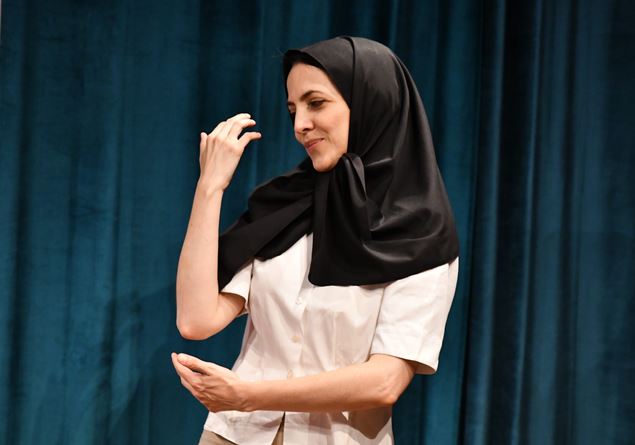
by Lorenzo Rossi
Donald Trump’s future government, already being defined, is the subject of heated debate in US political circles, including those of the Republican Party. Among the recent appointments announced, those of Matt Gaetz, Tulsi Gabbard and Pete Hegseth stand out: three figures who are causing a stir due to their controversial positions and the lack of specific experience in the roles for which they were chosen.
Matt Gaetz at the Department of Justice: a controversial position
Among the most divisive appointments is that of Matt Gaetz, a Florida congressman known for his support for Trump and his polarizing opinions. At 42, Gaetz is vying to lead the Justice Department, despite much criticism surrounding him. Accused of financial irregularities and involved in alleged judicial matters, he is a figure opposed not only by Democrats but also by some members of his own party, especially after his initiative to remove Kevin McCarthy from the presidency of the House in 2023.
Tulsi Gabbard, chosen for intelligence despite her pro-Russian positions
Former Democratic candidate with strong positions critical of NATO, Tulsi Gabbard has been designated as the future director of national intelligence. Her vision, in favor of a relaxed dialogue with Moscow, has raised doubts: Gabbard has in fact repeatedly accused the United States of having provoked tensions with Russia, a line that has attracted Trump’s attention. In a recent announcement, the former president praised his “courageous defense of constitutional rights”, underlining a patriotic imprint that appears at odds with his isolationist vision and his positions on international conflicts.
Pete Hegseth, from TV host to Chief of Defense
The choice of Pete Hegseth, a popular Fox News host and former National Guard officer, as a possible defense secretary is another surprising move. Although Hegseth served in the military, he has never had top national security roles and lacks the management experience needed to administer the Pentagon’s colossal budget. A staunch conservative, he is known for his skeptical views of the military’s progressive policies, including inclusion and diversity programs.
These choices represent a test of resistance for the institutions and a test for the Senate, called to confirm or reject the appointments. With a narrow majority of Republicans, the approval of such divisive figures will be a complex challenge, which will mark the first months of Trump’s return to the White House and will determine the new power dynamics between the various souls of the party.








